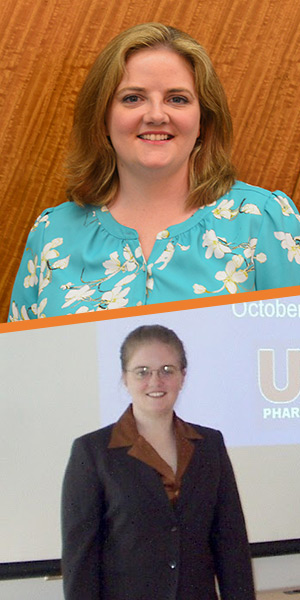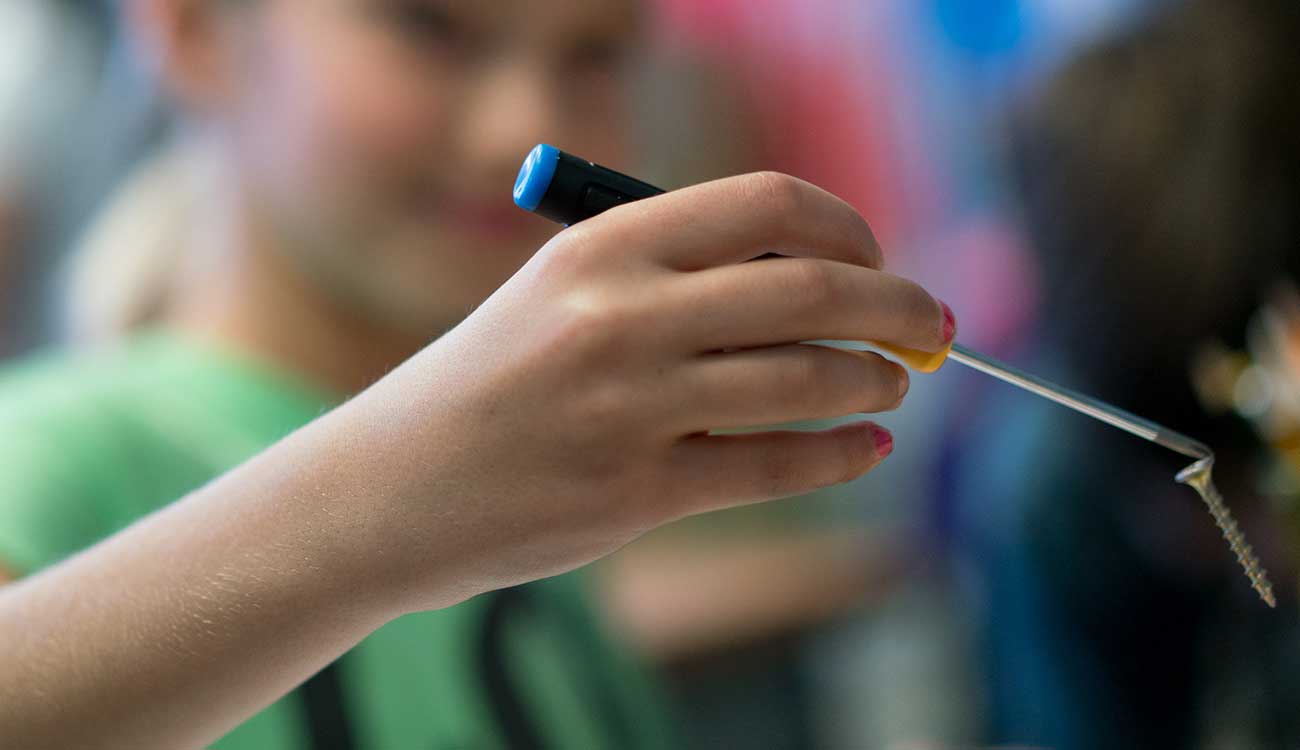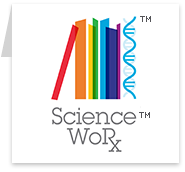To her, the pen is mightier than the scalpel.

After growing up in the Chicago area and beginning a successful career conducting research in prostate cancer and heart disease, Angela Kwiatek made an important personal discovery: She didn’t like doing experiments. That realization led to a new career path that she loves and intends to stick with for many more years.
What nurtured your interest in a STEM educational path and career?
When I was about six or seven, my mother was going to school to become a respiratory therapist. I saw her dissect an animal and found it fascinating. I started looking at her anatomy books and became interested in learning how the body works, and later how medicines interact with the body.
What degrees did you earn after high school?
I went to Bradley University for my bachelor’s in biochemistry, and the University of Illinois at Chicago for my Ph.D. in pharmacology.
Can you briefly describe your career path?
I had two post-doctoral positions at Northwestern University, and it was during that time that I realized I enjoyed communicating about research more than doing the experiments themselves. I searched Google for jobs in science that might be more to my liking, and that’s how I learned about the field of medical writing. I earned two medical writing certificates, one in Marketing and one in Regulatory. I celebrated five years at Astellas in April 2016.
What is the best part of your job?
Being on the ground floor as new medicines are being developed, and that what I’m working on is hopefully going to help patients one day.
What advice can you offer to girls and young women who might be interested in a STEM career?
There are many different types of science—food, environmental, chemistry, to name just a few—so first, identify which field might appeal to you, and then decide what you want to do. Do you want to try research? Product development? Writing? And if you are wondering about something, take the time to find the answer. If no one has answered it yet, think about the tests or experiments you'd have to perform to answer the question.
What do you know now that you wished you knew as a teenager?
I wish I was better prepared for the fact that the higher you proceed in your education, the less likely you’ll be one of the top students, since you’ll be with all the top students from other high schools. It took some time for me to accept not being among the top of the class.

